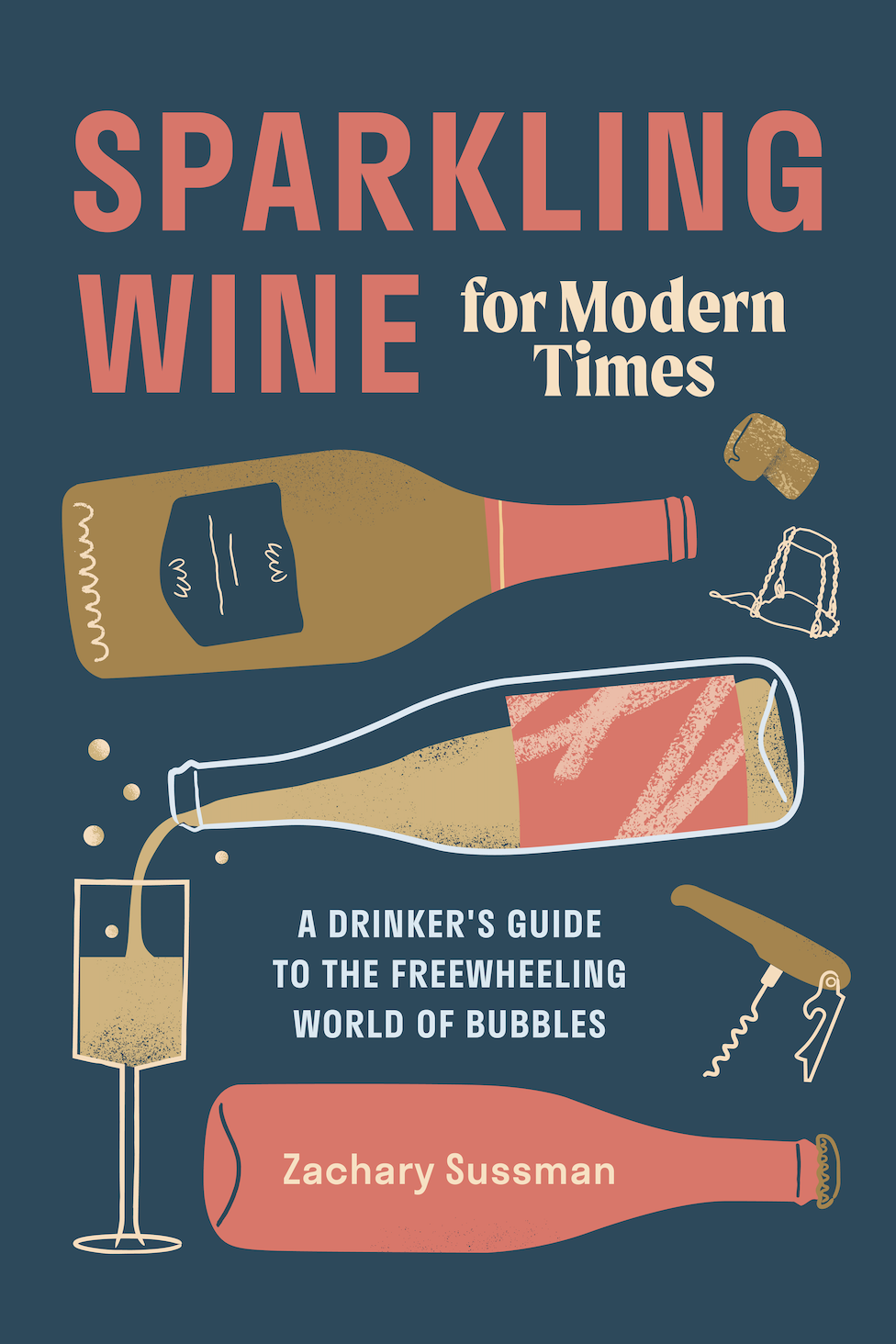Nicolas Joly and the Loire’s Wine Culture War
MARCH 2, 2015 | Story: ZACHARY SUSSMAN | Photo: LA COULÉE DE SERRANT
In the Loire Valley—the hotbed of the natural wine movement—a growing number of producers are at odds with the region's regulatory body. Zachary Sussman on the significance of iconic winemaker Nicolas Joly's recent split from Interloire, and what it signals for the region.
To anyone familiar with his reputation, the only surprising thing about Loire winemaker Nicolas Joly’s recent decision to split from the region’s regulatory body—commonly known as “Interloire”—was that the news didn’t come sooner.
An outspoken advocate of biodynamics—a particular form of organic viticulture based on the principles of Austrian philosopher Rudolph Steiner—Joly has always maintained a prickly relationship with the local authority. But when he found himself taken to court last month for failure to pay mandatory membership fees, tensions reached a breaking point. Striking back, he opted to remove his family-owned Coulée de Serrant vineyard—one of the region’s most celebrated and iconic sites—from the system.
As symbolic as this development might be for the Loire, it hardly constitutes an isolated case. Although Joly might be the most prominent figure to enter the fray, his move is the latest in a series of conflicts between Interloire and the constituents whose interests it’s charged with serving. Take, for instance, the scandal surrounding the trial of Anjou-based winemaker Olivier Cousin, who faced criminal charges—involving a two-year prison sentence and a 42,000€ fine—for what amounted to a simple label violation. Or, on a larger level, one could point to the secession of the entire appellations of Montlouis and Bourgeuil, whose members criticized Interloire for promoting lesser-quality (but higher-producing) regions at their expense.
It doesn’t help that many natural winemakers have faced difficulty securing the Appéllation d’Origine Controllée (AOC) status that guarantees a bottle’s geographical identity within the hierarchy of French wine law. “In order to be allowed to write an AOC name on your label, the wine has to be approved by a tasting committee,” explains winemaker Evelyne de Pontbriand, president of the Savennières appellation. “Because some members of the committees have become accustomed to a ‘standardized’ taste, they have been rejecting ‘natural’ wines.”
All considered, it wouldn’t be hyperbole to say that there is a larger culture war brewing within the region, which remains divided between the financial interests of bulk commercial production and an increasingly vocal minority of conscientious growers, who often identify as “natural.” Frustrated at seeing their yearly contributions used to promote conventionally made wines that, in their opinion, fail to communicate a sense of place or speak to their ideals, Joly and his peers view the problem as systemic. As he puts it, “Why should we be forced to give a percentage of our sales to an institution that isn’t spreading our philosophy?”
It doesn’t help that many natural winemakers have faced difficulty securing the Appéllation d’Origine Controllée (AOC) status that guarantees a bottle’s geographical identity within the hierarchy of French wine law. According to winemaker Evelyne de Pontbriand, president of the Savennières appellation in which Joly’s estate is located, this is symptomatic of the larger ways the system risks enshrining mediocrity. “In order to be allowed to write an AOC name on your label, the wine has to be approved by a tasting committee,” she explains. “Because some members of the committees have become accustomed to a ‘standardized’ taste, they have been rejecting ‘natural’ wines.”
Until now, none of this has inspired the wider reassessment of the situation. Perhaps it’s been too easy for some observers to chalk up the resistance of winemakers like Olivier Cousin, who defected in 2005, to a kind of fringe subversiveness that has always been the lifeblood of the natural wine movement. Enter an individual of Joly’s global stature, however, and suddenly the stakes are higher.
Not only does he enjoy international fame and own one of the Loire’s most legendary vineyards, but as author and wine writer Alice Feiring points out, he is the founder of the influential Renaissance des Appéllations group, which comprises a powerful team of allies. Created in 2001, the organization’s stated mission is “to guarantee the full expression of the appellations and wine with a high quality level, with great originality,” and its annual tasting in Angers has become a notorious counter-cultural alternative to Interloire’s Salon des Vins de Loire.
“There are so many powerhouse people within that organization,” Feiring explains, including such luminaries as Aubert de Villaine of Burgundy’s Domaine de la Romanée-Conti and Olivier Humbrecht from Domaine Zind-Humbrecht in Alsace. “He has the clout of everyone in the group behind him, which is much more profound than just one person.”
To be fair, it’s no easy task for a single organization to regulate the production of a region as economically, socially and ideologically varied as the Loire. Implicit within this challenge, however, is the broader question of the relevance of governing bodies like Interloire to a new world of wine that is constantly challenging our notion of “typicity”—or what fellow PUNCH contributor Jennifer Fielder defines as the “acceptable range for what wine from a certain region is supposed to taste like.”
What’s ultimately at stake is a matter of competing claims for the power to define a wine’s identity. In this way, regardless of the specific means they might employ, Interloire and its counterparts in other regions still serve a necessary and even admirable purpose. Their future significance, however, will depend upon their ability to adapt to an ever-shifting cultural landscape and face the question common to all governing organizations: How do you contain multitudes?
It’s encouraging, then, that Interloire appears to be taking Joly’s position seriously. As if anticipating the need to formulate a response, president Benoît Stenne recently issued a formal statement on the matter, outlining steps toward reconciliation.
“In the days following this announcement [of Joly’s departure], a meeting was organized between the representatives of Interloire… and Nicholas Joly in a constructive spirit,” it reads. Announcing the desire to establish “new foundations,” the organization also claims to be restructuring the fees owed by Interloire’s members so that promotional costs would be optional.
Does this concession solve all the area’s problems? Of course not. It also remains to be seen how Interloire will address the greater challenge of accurately representing the cultural identity of a region that is now far more diverse than their efforts have yet reflected.
The organization’s newfound receptivity, however, demonstrates what Joly calls a preliminary “guarantee” that change is possible—at least, when demand for it comes at the urging of someone like him.







